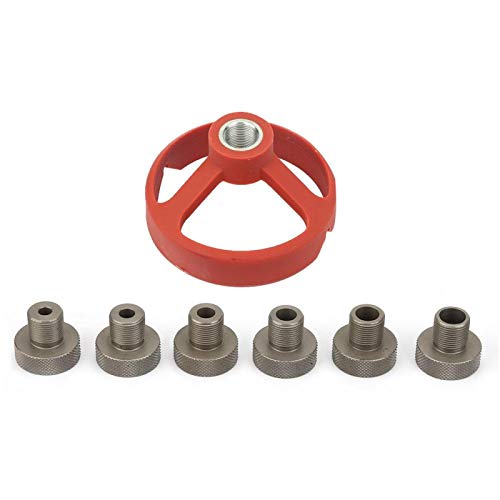Brandy Rediker
Well-Known Member
- Joined
- Jan 7, 2014
- Messages
- 61
Hey everyone, sorry I haven't been on here very much lately. I finally got to meet Dr. Sudan, did all my blood work, ekg and xray, finished up my six months supervised diet (even though I didn't need one that long) anywho, I go back to see him July 11th for my pre-op. I found out my insurance will pay 100% of my surgery...Yayyyy!!
Now here is my question. They drew two different vitamin D test. Can you explain the two, what's the difference in them. One is low and the other is high. Here they are:
Standard Range Results
Vitamin D 1,25 Dihydroxy, Serum 18 - 78 pg/mL
96
Vitamin D Total, 25OH
21
25 OH Vitamin D Status
----------------------------
<10 ng/mL Deficiency
10-30 ng/mL Insufficiency
30-100 ng/mL Sufficiency
>100 ng/mL Toxicity
What's the difference between the
the two?
They are suppose to be calling me
Monday to discuss if I need to take
Vitamin D to help bring up the one. I highlighted my results in blue!
Now here is my question. They drew two different vitamin D test. Can you explain the two, what's the difference in them. One is low and the other is high. Here they are:
Standard Range Results
Vitamin D 1,25 Dihydroxy, Serum 18 - 78 pg/mL
96
Vitamin D Total, 25OH
21
25 OH Vitamin D Status
----------------------------
<10 ng/mL Deficiency
10-30 ng/mL Insufficiency
30-100 ng/mL Sufficiency
>100 ng/mL Toxicity
What's the difference between the
the two?
They are suppose to be calling me
Monday to discuss if I need to take
Vitamin D to help bring up the one. I highlighted my results in blue!
Last edited:




 .
.






































